The “mother organization” of The Open Society Foundation (OSF) was established by George Soros back in 1979 already. In 1984 this foundation signed a cooperation agreement with the Hungarian Academy of Sciences (MTA), therefore making Hungary the first in the region to be institutionally supported by the opposition-civilian organizations and actors at the time. Soros really began increasing his funding to Eastern and Central European countries in 1987 with the opening of his office in Moscow: he boosted spending from 3 million dollars annually to 300 million dollars by 1992. The American businessman himself admitted that with this increase in spending, his political influence grew as well. In a 1994 interview he stated that the former Soviet territories are now called “Soros territories”. Today, the network of foundations has branches in more than 70 countries.
American influence in Hungary (3)
In the first two parts of our series, we showed that during the regime change, the SZDSZ (Alliance of Free Democrats political party) party had the strongest overseas connections. They took advantage of their opportunities to smear their opponents as well as gather campaign funds. With contemporary documents and writings, we proved that the Karácsony-Márki-Zay American fundraising model has been in operation for decades, albeit at a smaller scale. We also explained how the appearance of foreign financial entities in party funding entailed a level of influence in domestic Hungarian policy. In this article we will expose the other pillar of foreign influence: the establishment of the non-governmental-organization network and its funding from the US.
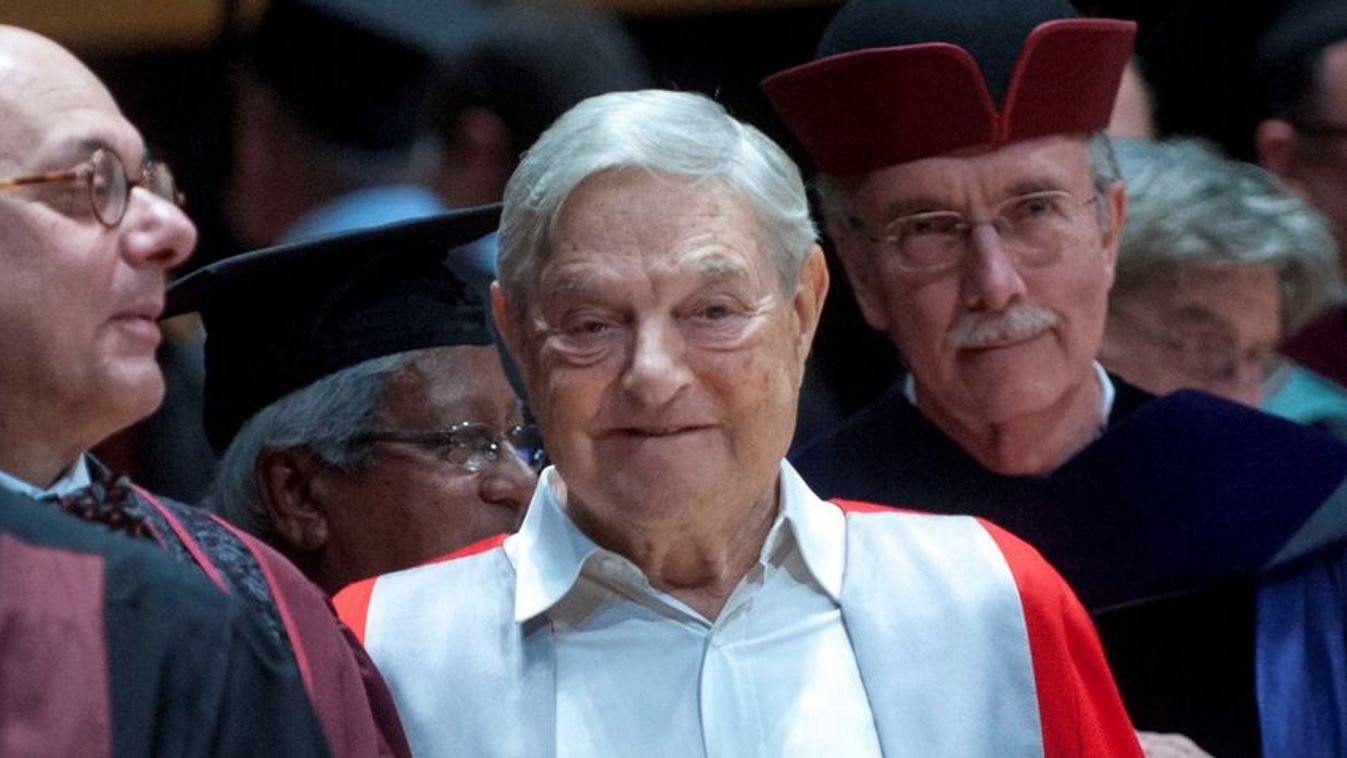
From the beginning the Soros Foundations and university played a key role for several SZDSZ (Alliance of Free Democrats political party) politicians. Miklós Vásárhelyi was the chairman of the foundation’s board of trustees between 1994 and 2001, but he also represented George Soros in the MTA-Soros Foundation Committee between 1984 and 1990. Vásárhelyi was also a member of the Hungarian Parliament representing SZDSZ from 1990 to 1994. Given all this, it is no surprise that they already faced the first Fidesz government. In the foundation’s summary of the year 2000, they wrote the following about the Orbán government: “Our previous strategy which was based on cooperation with the government is no longer appropriate in 2000. Now the main emphasis must be put on civilian control of the government which continues to centralize and concentrate power and resources.” However, the Soros-NGOs’ conscious political scheming really picked up after 2010.
2010–2014: protests and network organization
The right-wing government, which at this point had a two-thirds majority, was consistently and systematically attacked by Soros organizations’ criticisms via domestic and international platforms. As the left-liberal parties began splintering at that time, Soros’ people were the ones at the forefront of the protests. In January 2011 they already began organizing demonstrations, on this occasion against the media law. This is when Péter Juhász, an activist for drug liberalization and former representative of the Soros-supported Hungarian Civil Liberties Union (TASZ), began to play a political role. In fact, Balázs Dénes, leader of TASZ, was another prominent opposition figure in the April and October 2011 protests. Balázs Dénes was an employee of the Hungarian Civil Liberties Union from 1997, becoming its president from 2004 to 2012 which was then followed by four years as a project director at Soros’ OSF starting in 2013.
At that time, a series of networks were established that were made to appear civil in nature, but were actually political, for instance: the Student Network, the Parents’ Network, and even the Teacher Network. The latter was established in February 2013 as an organization for teachers and researchers working in Hungarian higher education. Among its members were many prominent left-liberal figures: Ágnes Heller, Zsuzsa Ferge, Róbert Braun, Zoltán Lakner, Bence Tordia, and even Csaba Tóth, the strategic director of the Republikon Institute and coordinator for the 2004 and 2006 SZDSZ campaigns.
This was the “Milla” age – nickname of the left-liberal movement, “One Million for Press Freedom”. People from the background began playing politics at this time, like Katalin Cseh who is now a member of the European Parliament. Later, both she and Péter Juhász moved in Former PM Gordon Bajnai’s direction – as did George Soros’ money.
2014 - 2018: even more direct political involvement
When the left suffered another two thirds loss in 2014, the Soros network’s non-political actors became more active. In the summer of 2014, Márton Gulyás and the Human Platform Association organized their first anti-government demonstration indirectly financed by Soros money from the Norwegian Civil Fund. The creation of the Human Platform which was at first an umbrella organization, was initiated by the arts and production company, Krétakör (Chalk Circle), led by Márton Gulyás. The latter received 35 million forints from a foundation supported by George Soros. Actually, the Krétakör supported the group called “The constitution is not a game” that tried to occupy the Fidesz headquarters in March 2013. At least, this was hinted at by the fact that their sympathizers could transfer donations intended for them to the Krétakör Foundation’s bank account.
The Human Platform was particularly active from 2014-18 in the first parliamentary cycle with protests against the internet tax all the way until the 2016 teachers' demonstrations. From 2015, public interests changed focus as migration became increasingly prevalent – and the Soros network’s organizations adapted. The pro-migration standpoint adopted more consistent markers, often taking the place of the left-liberal parties. In connection with the 2016 quota referendum for example, out of the 22 NGOs calling for abstention or an invalid referendum, 20 were financed by George Soros. In addition to the groups listed so far, a few came to prominence throughout the migration crisis: the Hungarian Helsinki Committee, Migszol, and Migration Aid. Soros’ 2015 reports revealed that the speculator supported in fact a total of 65 NGOs in Hungary. The largest sums of funding were on par with the budgets of the parliamentary factions: for example, in 2015-16, the Helsinki Committee received HUF 387 million while TASZ received HUF 345 million.
By the end of 2017, it was clear that the opposition parties would not unite in a coalition for the 2018 elections. At the same time, more and more people were encouraging competing opposition candidates in certain districts to withdraw in favor of each other. As the Hungarian parliamentary elections were limited to one round after 2014, Soros-financed opinion polls were launched to examine which opposition candidates had the best chances of winning. Then, based on the results, candidates who were worse off were encouraged to drop out.
During the campaigns, the Hungarian-American billionaire employed entirely novel methods in addition to his usual political funding. For example, for an enormous price tag, the internet activist network named Avaaz campaigned for opposition candidates. Avaaz had already intervened in several foreign campaigns, always backing the pro-migration candidate. The only thing you could find out about the organization was that it was funded by George Soros from the start. In 2006, OSF granted them 150 thousand dollars which was then supplemented in 2009 with another 300 thousand dollars from a different Soros organization.
In the meantime, another organization tied to Soros essentially required leftist candidates to pledge allegiance before the 2018 vote. A group of representatives from the opposition signed the Transparency International’s study entitled “Recommendations for curbing corruption in Hungary”. If they had been chosen during the election, they were obliged to support any bill aimed at curbing corruption. According to the recommendation, if this was not actualized, then any representative who signed the statement could be sued or recalled.
All of this sounds fine, but in reality, it would have meant accepting a government program drawn up by Soros organizations plain and simple. The outsourcing of government powers to Soros organizations is a common model that has appeared among the Democratic Party in the United States and in Brussels’ operations. In the fall of 2019 after the elections, Budapest Mayor Gergely Karácsony symbolically handed over the keys to City Hall to a Soros-related organization. In light of this, the public procurement of the Lánchíd bridge renovation (which turned out to be more expensive and later than planned) was monitored for corruption by Transparency International Hungary for a sum of HUF 1.3 million.
További IN ENGLISH híreink
2018 - 2022 cycle: renewed activities, another referendum campaign
After the next two-thirds defeat in 2018, the left organized protests which Soros-funded groups played a key role in. The demonstrations at the end of 2018 became intertwined with the case of Soros’ Budapest university, CEU. Although the pretext of the protests were two labor law amendments connected to overtime regulations, Soros’ organizations and people announced protests with an extremely strong media campaign which had an anti-government angle from the start. Paid employees of Soros’ university also took part in unusually violent demonstrations for Hungary; one demonstrator even attacked a police officer.
In 2019, pressure to establish a common leftist opposition bloc mounted. The great innovative feature of the left’s 2022 election campaign was their primary election. Knowing what went on thus far, it is no surprise that the parties themselves did not actually organize this. Rather, an organization belonging to the international network called aHang ran the primaries. The aHang organization acted as a kind “party-independent” organizer together with the so-called “Civil Election Committee” to organize the first round of the leftist oppositions’ primary elections – naturally in the near-mythical-among-liberals spirit of “civility”. Máté Varga, founder of aHang, previously represented the Civil Electoral College which incidentally is another Soros beneficiary. We searched in vain for any kind of list of financiers on aHang’s website; up until July 2022 Magyarhang Nonprofit Kft. was operating with only two employees.
Several other members of the Soros network joined the opposition’s election preparations. It is okay to say it: the left-wing parties were not in charge of the decisive aspects of their campaign machines in the 2022 elections. Magyar Nemzet already published a detailed report about this in September 2022, however we will emphasize only two points here and now. First, the list of opposition policy cabinet leaders functioned as a kind of shadow government and there were several members connected to the aforementioned foreign-funded NGO system. For instance, Péter Ákos Bod, chairman of the supervisory board of the Soros network’s Transparency International, Gábor Bojár, who was a Soros Foundation leader around the time of SZDSZ, Julia Király, key member of the Soros network as a member of the supervisory boards of both Transparency International and the Eötvös Károly Policy Institute. The director of the latter organization which operates under the OSF is Zoltán Fleck; he is also one of the main advocates for the left-wing government’s ability to amend the constitution without a two-thirds majority. After all this, it is no shock that Márki-Zay assigned cultural representation during the campaign to an individual named Péter Inkei – editor-in-chief of the Soros university’s publishing house and former secretary of state for the Gyula Horn government. Gábor Polyák was assigned to media management who is also the leader of the Mérték Médiaelemző Műhely financed by the American speculator.
On the other hand, recruiting activists is always a key issue for elections; on this occasion, for some reason a majority of activists were involved in counting votes. Gordon Bajnai took on the task himself and announced a whole movement on October 19, 2021. This was an initiative entitled: “20K – 20 thousand people, in ten thousand locations throughout the country, for a whole day”. According to them, the 20K number was drawn up so that at least 2-2 opposition ballot counters could be ensured for every voting district. The name of the website recruiting activists was called The Foundation for Clean Elections (Tiszta Választásokért Alapítvány) which, according to their website, was supported by the parties’ foundations. The Foundation for Clean Elections was established a few months after the 2018 parliamentary elections, headquartered in Budapest (1085 Budapest, Baross utca 36, 3rd floor, 5). The curator of the foundation is Csaba Tordai – advisor for both Gordon Bajnai and Gergely Karácsony – who is also at home in the world of Soros organizations, just like the foundation’s expert consultant, Tibor Sepsi.
Last but not least, the Soros organizations took on a role in another referendum alongside the opposition. They called on voters to fill in invalid answers to the referendum held on four child protection issues. The national campaign fueled by 11 different groups was, predictably, indirectly financed by George Soros. In the end, though the referendum was not legally valid, they received more answers than ever: about 3.6-3.7 million answered per each question. An interesting moment of the campaign occurred when the Soros organizations sent a message to the opposition with a Median survey they ordered to stand by the invalid vote.
In the next part of our series, we will show how American diplomacy as well as the diplomats delegated from abroad to Budapest manage to influence Hungarian public and domestic policy processes.
Photo: Soros György (Photo: MTI/Marjai János)
Komment
Összesen 0 komment
A kommentek nem szerkesztett tartalmak, tartalmuk a szerzőjük álláspontját tükrözi. Mielőtt hozzászólna, kérjük, olvassa el a kommentszabályzatot.
A téma legfrissebb hírei
Tovább az összes cikkhez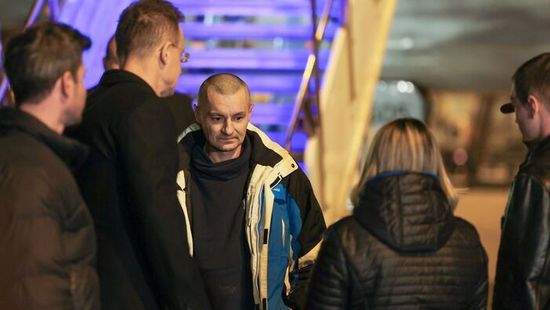
Hungary FM: More of Us Returned Than Those Who Left
Hungary has freed Transcarpathian-Hungarian prisoners of war.
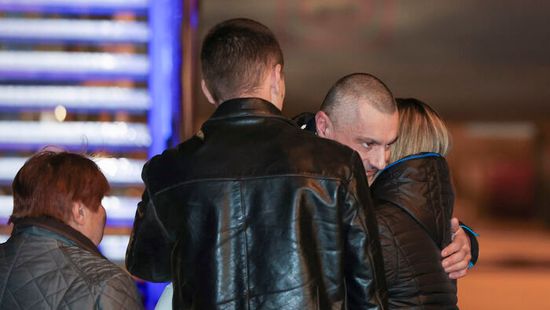
PM Orban: Mission Accomplished! + Video
Hungary has freed the prisoners of war.
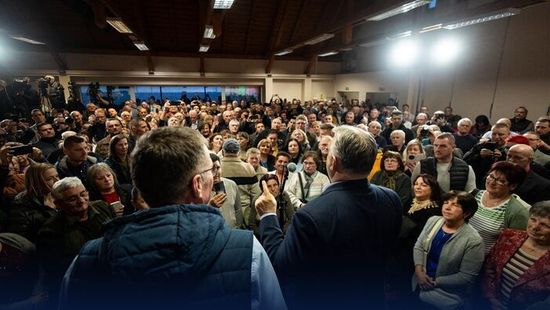
PM Orban: April Election to Decide Whether Hungary Has a Pro-Hungarian or Pro-Ukrainian Government + Video
Peter Magyar is the Ukrainians’ man, the Tisza Party is financed by Ukraine.
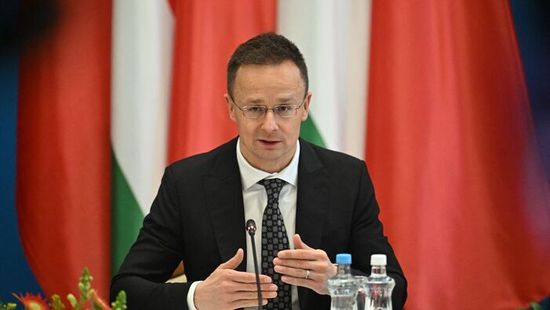
Hungary FM: First Repatriation Flight Leaves for Jordan
Attacks in the region are continuing.
Ne maradjon le a Magyar Nemzet legjobb írásairól, olvassa őket minden nap!
- Iratkozzon fel hírlevelünkre
- Csatlakozzon hozzánk Facebookon és Twitteren
- Kövesse csatornáinkat Instagrammon, Videán, YouTube-on és RSS-en

Címoldalról ajánljuk
Tovább az összes cikkhez
Hungary FM: More of Us Returned Than Those Who Left
Hungary has freed Transcarpathian-Hungarian prisoners of war.

PM Orban: Mission Accomplished! + Video
Hungary has freed the prisoners of war.

PM Orban: April Election to Decide Whether Hungary Has a Pro-Hungarian or Pro-Ukrainian Government + Video
Peter Magyar is the Ukrainians’ man, the Tisza Party is financed by Ukraine.

Hungary FM: First Repatriation Flight Leaves for Jordan
Attacks in the region are continuing.

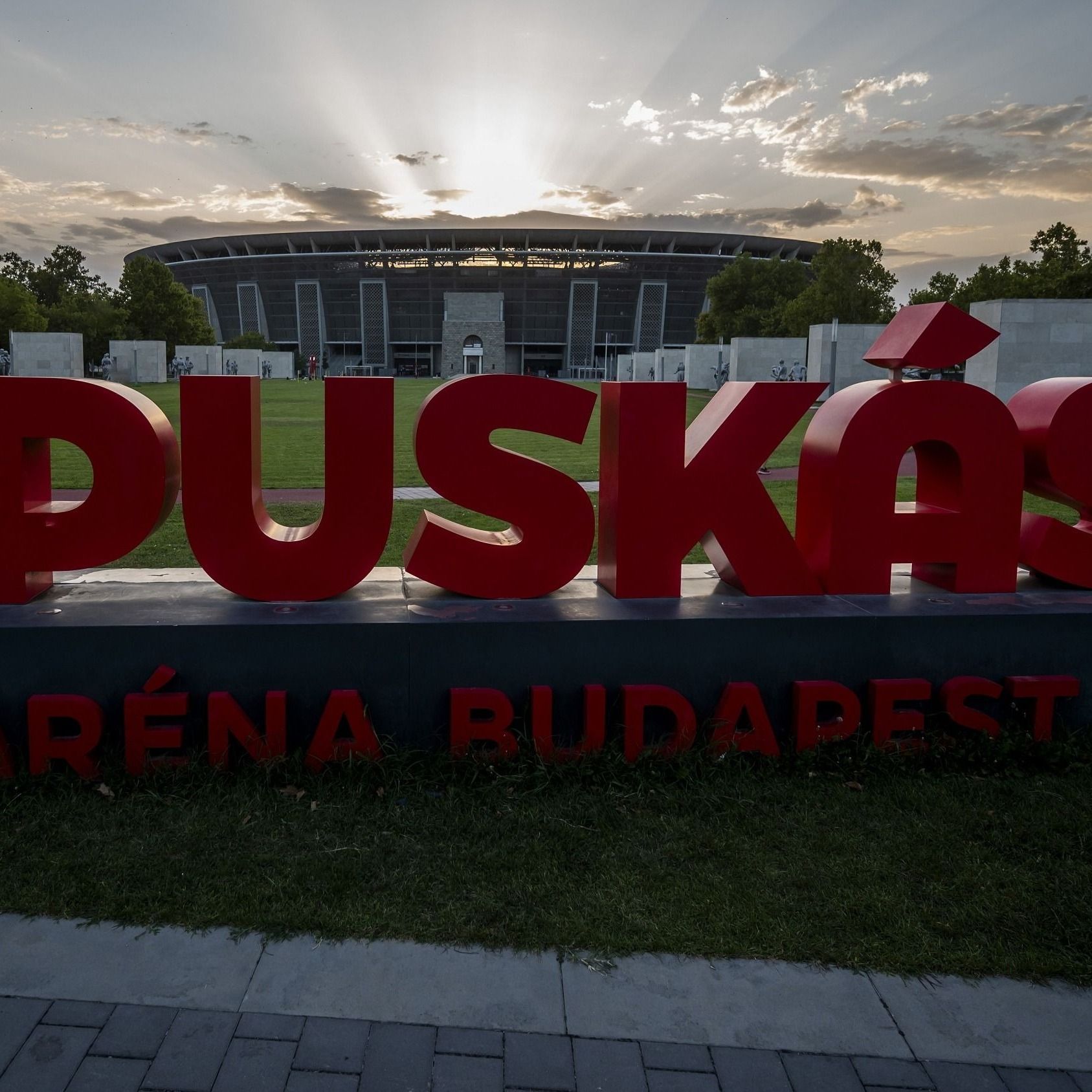
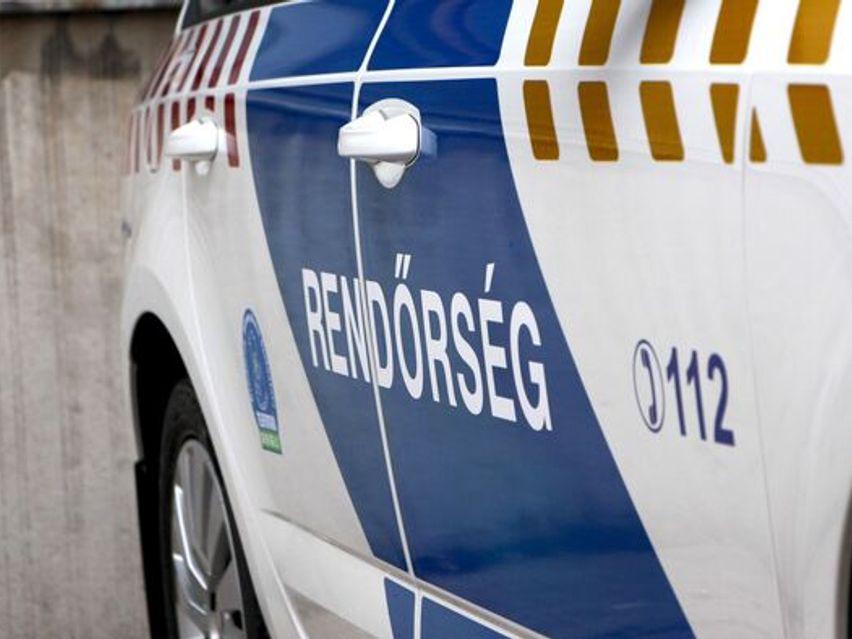
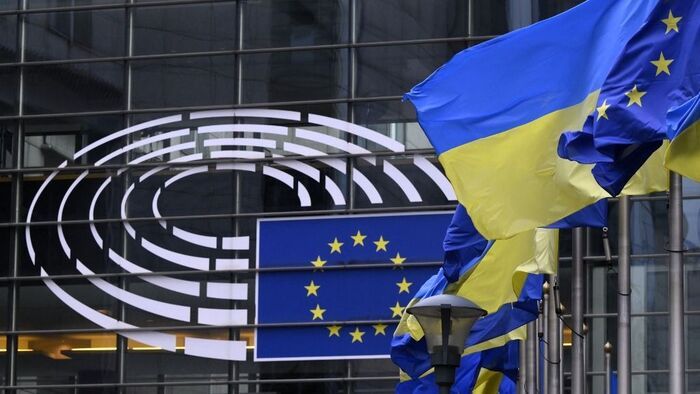


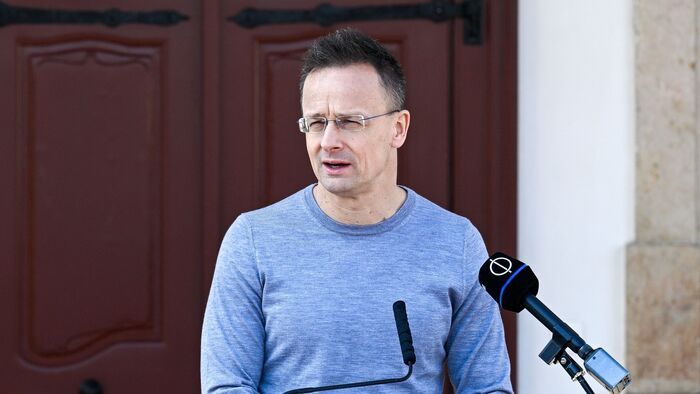


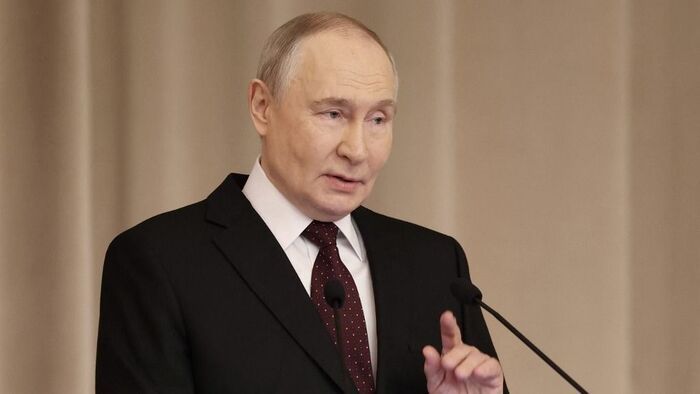

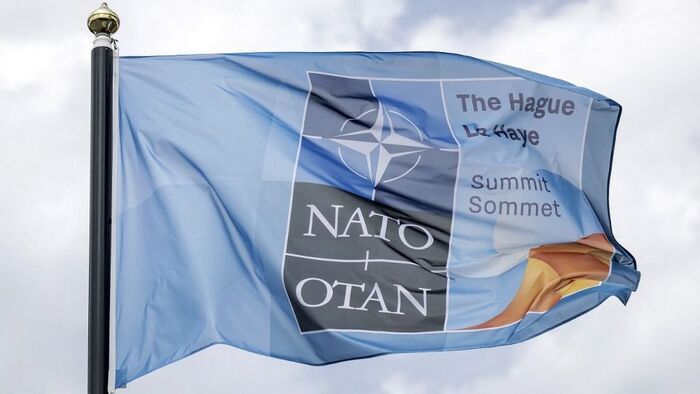
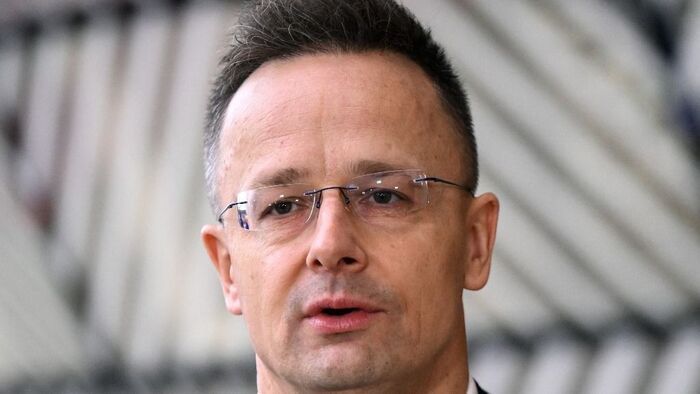



Szóljon hozzá!
Jelenleg csak a hozzászólások egy kis részét látja. Hozzászóláshoz és a további kommentek megtekintéséhez lépjen be, vagy regisztráljon!